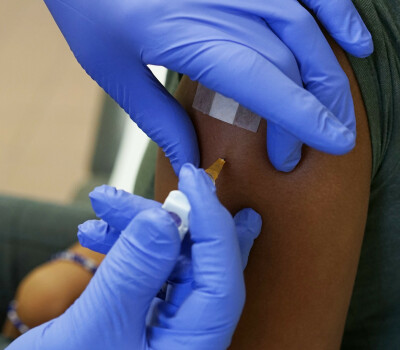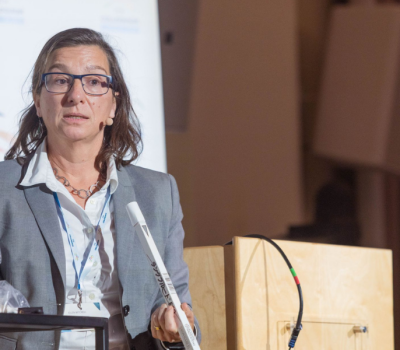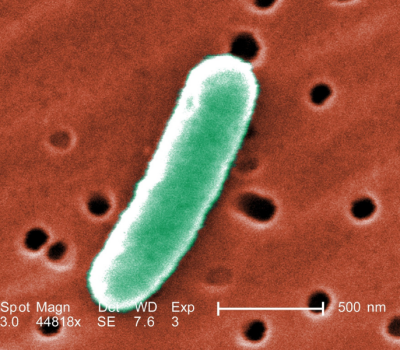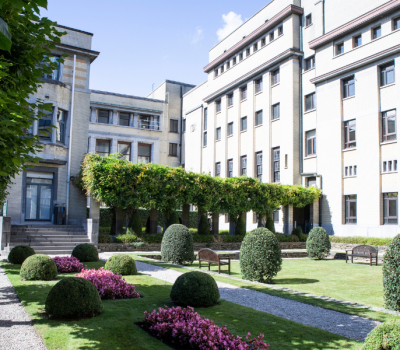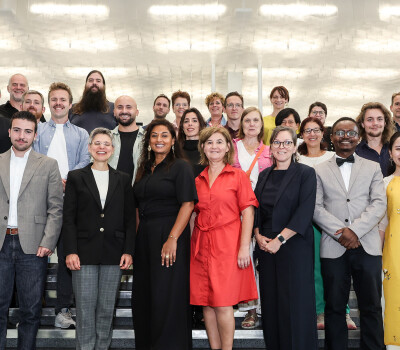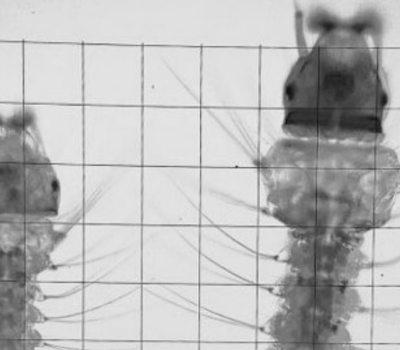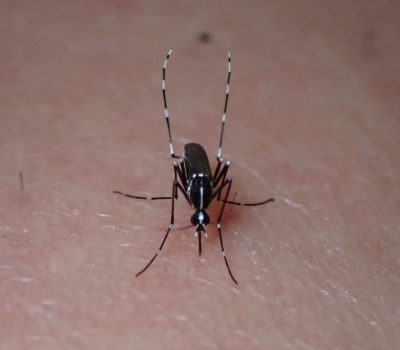ITM opens high-security insectary

The Institute of Tropical Medicine (ITM) in Antwerp has opened a second state-of-the-art insectary. The new high-security laboratory allows the institute to better understand the relationship between insects and pathogens and to expand its expertise on the impact of climate change on infectious diseases.
ITM recently opened a new module of the insectary as part of the high-security virology laboratory led by Professor Kevin Ariën. The insectary is designed to study the interaction between arboviruses (viruses transmitted by arthropods, such as mosquitoes) that cause Zika virus disease, dengue fever and West Nile fever and the mosquitoes that can transmit them to humans and animals. This type of research is crucial for better understanding vector-borne diseases, which are illnesses that are transmitted to humans and animals by insects or other arthropods. Professor Ruth Müller, head of the ITM insectary says, ‘Thanks to the new module, we can now conduct infection studies with mosquitoes and thereby push the boundaries of our knowledge on vector-borne diseases. The understanding of a vector to transmit a disease and its transmission dynamics is fundamental for successful vector surveillance, prevention and control.’
Airtight and leak-proof
The latest addition to the insectary is an Arthropod Containment Level-3 (ACL-3) laboratory that incorporates multiple safety features to safeguard the research, the researcher and the environment. To begin with, access is strictly limited to trained staff and requires passage through a vestibule fitted with double interlocking doors and air showers. Additionally, the insectary is designed to be airtight, gas-tight and leak-proof. The air-flow within ACL-3 is unidirectional and a negative pressure is maintained consistently to prevent the escape of pathogens. Inside the insectary, researchers are provided with special insect growth chambers and bio-safety cabinets, enabling them to manage infected vectors safely. To further ensure safety, the researchers wear protective equipment such as goggles, gloves and protective masks. Furthermore the laboratory follows specific operating procedures.
Interaction vector, pathogen and environment
The CLIMB project is one of the first research projects that ITM will carry out in its new insectary. The project aims to study the relationship between the Asian tiger mosquito (Aedes albopictus), the yellow fever mosquito (Aedes aegypti), the dengue virus and the environment. To understand their interaction, researchers will travel to Nepal in the Hindu Kush-Himalayan region, which is one of the most diverse and rapidly warming regions in the world, and where there are regular outbreaks of mosquito-borne diseases. The knowledge gained from this project can be transferred to other regions that are also affected by rapid global warming. ‘The CLIMB project aims to investigate the interaction between the mosquito-borne disease dengue, public health and climate change using a multi-disciplinary approach’, explains Dr. Marco Brustolin, senior researcher in vector biology at ITM. ‘In our new insectary, we will investigate the viral diversity of tiger mosquitoes from the lowlands to the highlands of Nepal and study their efficiency to transmit dengue virus in relation to their ability to adapt to new and rapidly changing climatic conditions. This research will provide valuable insights into the impact of climate change on dengue virus and vector biodiversity’, he adds.
The insectary was realised with the support of the Flemish Department of Economics, Science and Innovation (EWI).
Spread the word! Share this story on

